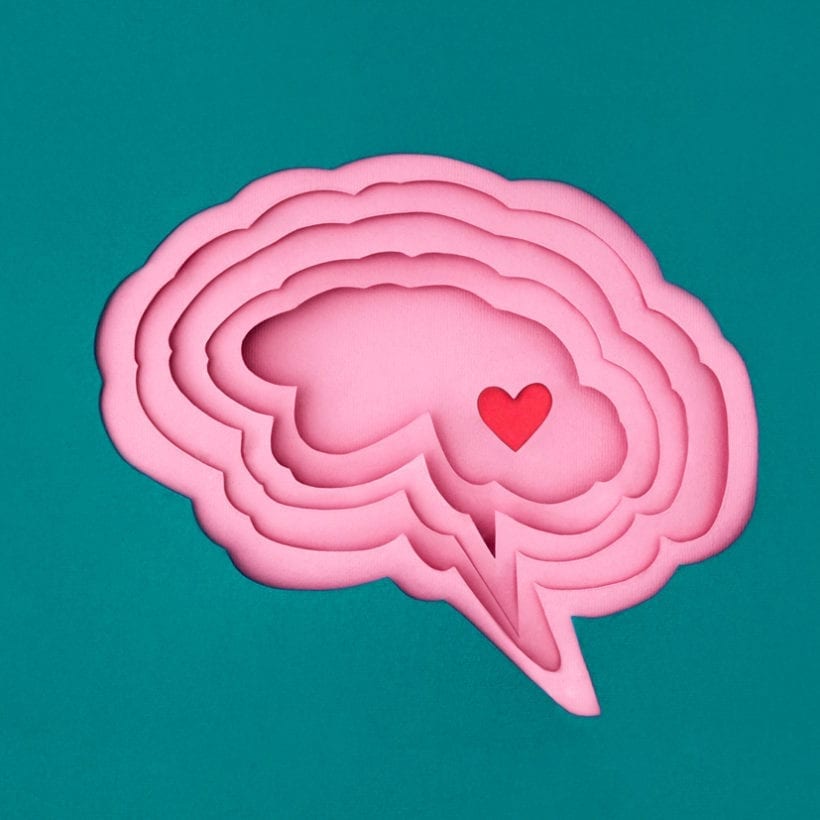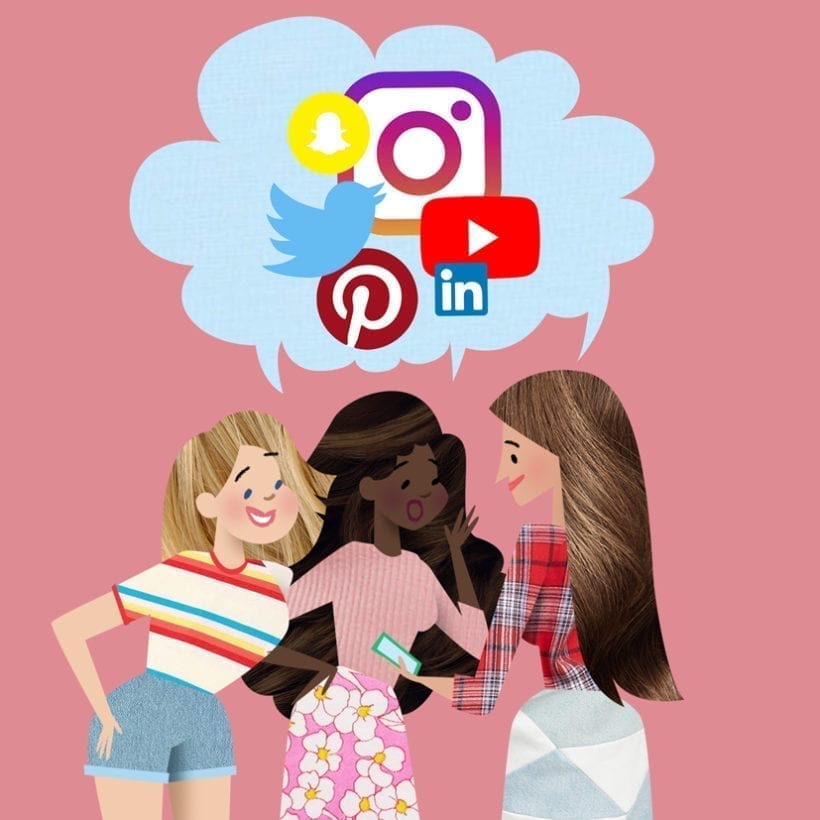We’ve all been there: You’re talking to someone and suddenly realize your joke misfired, your comment was insensitive, or perhaps you forgot someone’s name (when you know you should’ve remembered it by that point). As Jacquelyn Youst, owner of the Pennsylvania Academy of Protocol, notes, our lives are speckled with embarrassing moments that we wish we could undo. “The good news is we have a tendency to overestimate the extent that our mishap appears to be noticed and evaluated by others,” she says. “Take comfort in the fact that everyone deals with embarrassment, and you are most definitely not alone in experiencing these feelings.”
While these types of scenarios are never fun, how you respond in the moment can make the situation considerably better or worse. Keep reading for tips on how to recover from making a social faux pas, how to improve social intelligence skills, and how to move forward in a positive way afterward vs. getting stuck playing the scenario on a never-ending loop in your head.
Meet the Experts
Jacquelyn Youst, owner of the Pennsylvania Academy of Protocol.
Courtney Fadler, a founder of CF Etiquette, a professional etiquette service specializing in business and social etiquette training.
Diane Gottsman, international etiquette expert, author, and founder of The Protocol School of Texas.
Jacqueline Whitmore, international etiquette expert, author, and founder of The Protocol School of Palm Beach.
What is a Social Blunder or Social Faux Pas?
So, what exactly is a social blunder or a faux pas? Faux pas literally means “false step” in French, so you can think of it in the context of socializing as slipping in the wrong direction. Courtney Fadler, a founder of CF Etiquette, a professional etiquette service specializing in business and social etiquette training for professionals, adults, and children, elaborates: “Etiquette is all about considering how your actions might affect others around you and then behaving accordingly,” she explains. “From loud cell phone conversations at a restaurant table to taking off your shoes on a flight, to inviting a guest to someone else’s dinner party, we may accidentally make the experience of those around us less enjoyable… or downright miserable.”
She adds that we’ve become very casual as a society, and all too often treat public spaces as if we are in our own living room. “We usually don’t intend to offend others, but it can be very easy to accidentally do so, for instance, the next time it seems like a good idea to bring tuna salad and crackers to the movies for dinner, think twice about how this might affect your seatmates.” On this note, Emily Post of the well-known Emily Post Institute has defined etiquette like this: “Etiquette is not a rigid code of manners. It is simply how persons’ lives touch one another.” Definitely some food for thought worth considering.
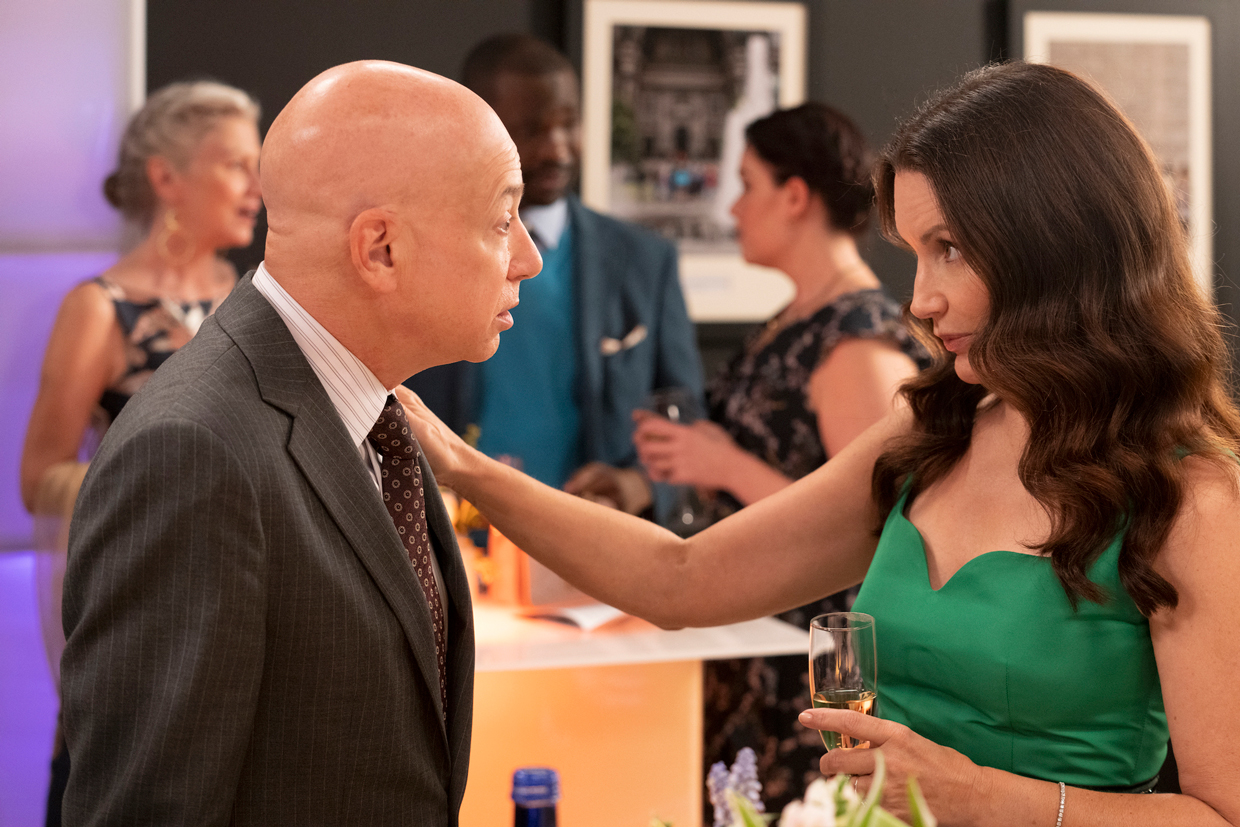
There are different kinds of social missteps, with certain gaffes being more serious than others. For example, accidentally cutting someone off before they’re done talking can surely be seen as annoying, but not as offensive as scoffing or rolling your eyes while a person is sharing their interests or avoiding eye contact and scrolling on your phone during an interaction.
What’s the Best Thing to Do After Making a Faux Pas?
While it’s understandable to want to pretend as nothing happened after making a faux pas, it’s not the best course of action to take. “The most genuine and honest thing you can do is to own it and work to make it right,” says Fadler. “Etiquette is built on respect — start by acknowledging your mistake directly to the person(s) affected and offer a sincere apology (this is always done best in person, if possible).” Youst seconds this and notes that while embarrassment plagues every one of us from time to time, there are ways to regain composure and move on. “The best strategy for resolving awkward moments is by confronting incidents head-on — smoothing over mishaps quickly can turn the unpleasant awkward moment into an opportunity for learning and even humor.”
Fadler reiterates that social blunders come in all sizes, and even if you feel you’re not entirely in the wrong, an apology can often help find common ground between those involved — remember it’s about preserving your relationships, too. And while an apology certainly helps demonstrate that you recognize your mistake, you don’t want to overdo it and grovel every time you see the person. Say you accidentally made the highly embarrassing mistake of congratulating a person for being pregnant when they’re not. You absolutely want to acknowledge your blunder but bringing it up every single time you see the individual can continue to be awkward and uncomfortable for the other party.
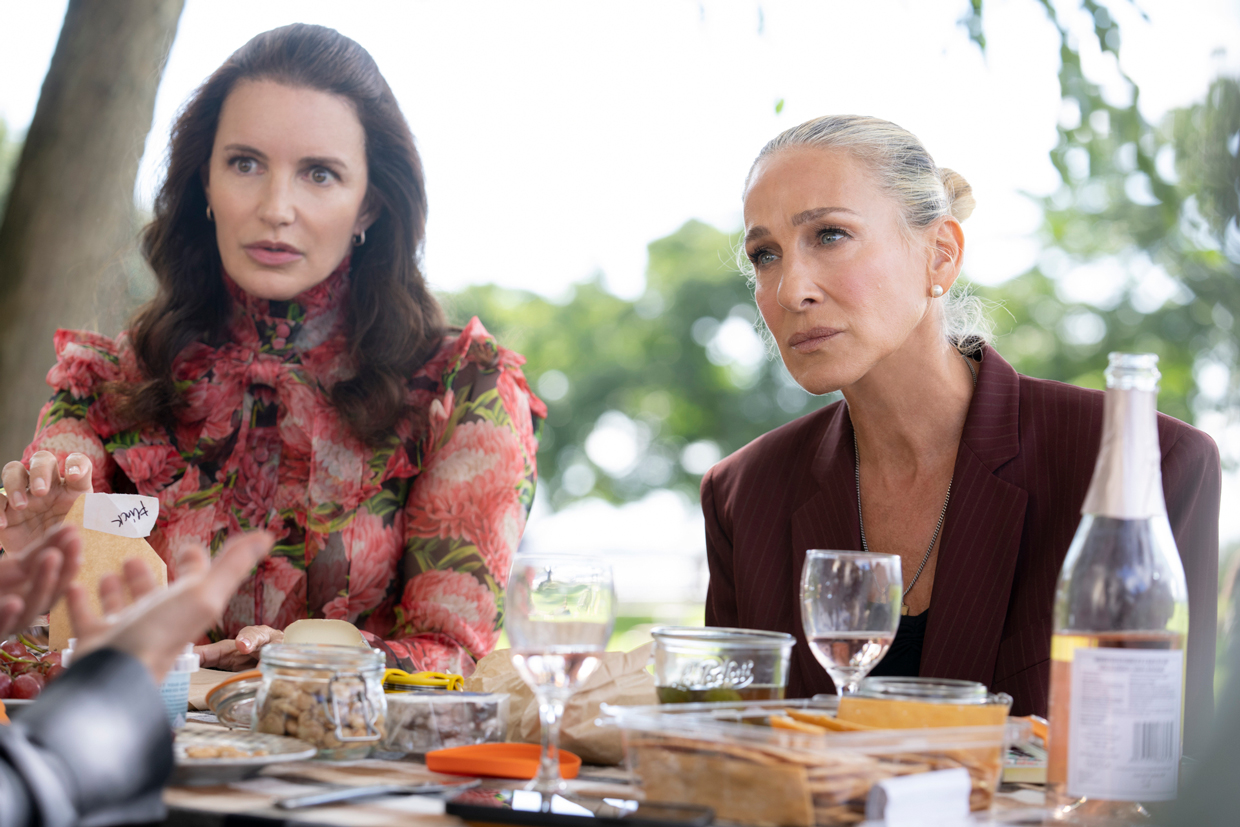
How Can I Become More Self-Aware or Socially Intelligent?
Social intelligence, or the capacity to sense other people’s feelings and pick up on subtle social cues, is something many of us learn to develop over time from a very young age. That said, it’s important to highlight that individuals with certain learning disabilities or mental health conditions may struggle with aspects of reading cues and have other ways of expressing the feelings.
If you’re curious about how you might be able to improve or build upon your own social skills, Diane Gottsman, international etiquette expert, author, and founder of The Protocol School of Texas, tells Sunday Edit her biggest tip is to pay attention: “It takes effort to make others comfortable to be around you — listen more than you talk and ask thoughtful questions.” She makes a meaningful point that people make assumptions based on your behavior and so these efforts must be authentic and consistent.
Fadler adds that the easiest way to improve your polish and social awareness is to apply the three principles of etiquette to everything you do which includes “consideration, respect, and honesty.” She notes this is called benevolent kindness and that it is certainly possible to make your point while still respecting the views of others.
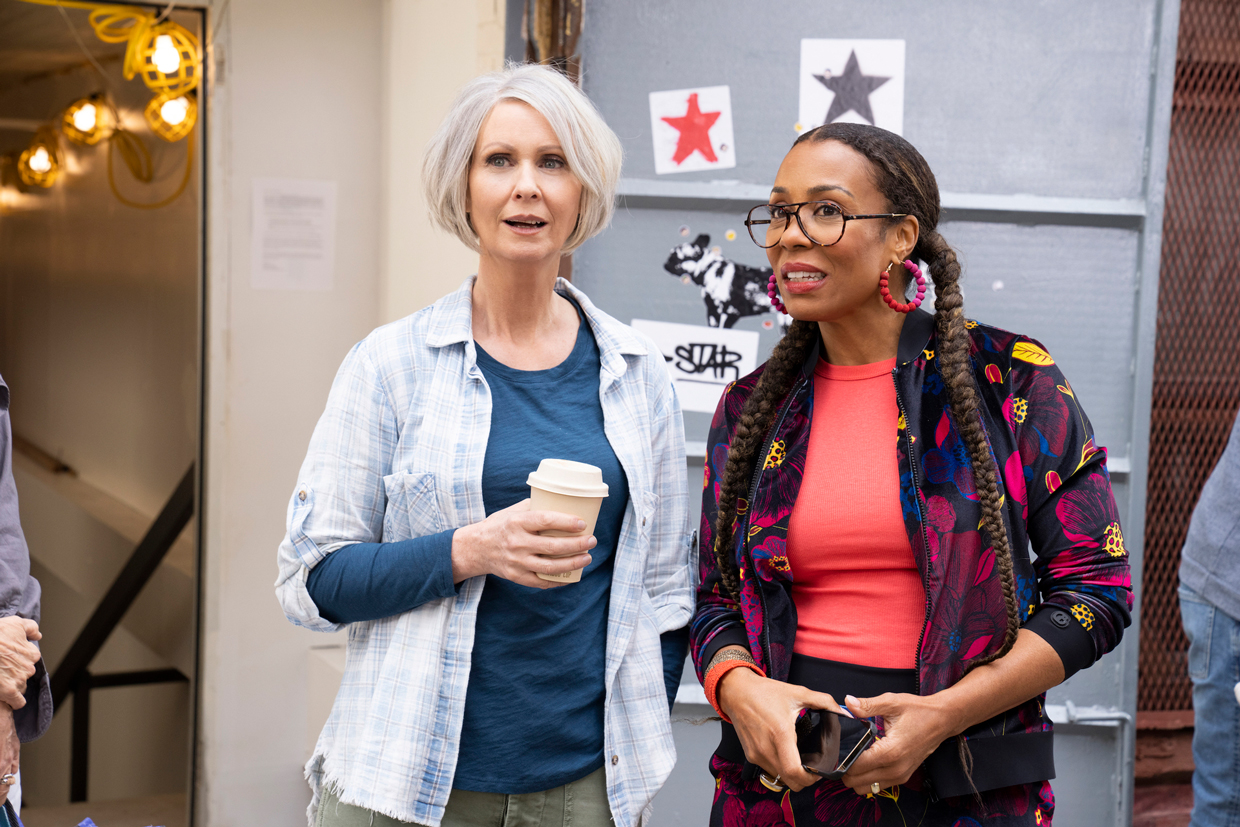
How Can I Positively Self-Reflect After Making a Blunder?
You might replay awkward or embarrassing moments over and over in your head like a bad movie you should turn off but just can’t quite seem to hit the power button. There’s nothing all that positive that can come out of this, though. Instead, Jacqueline Whitmore, international etiquette expert, author, and founder of The Protocol School of Palm Beach, says you might try asking yourself questions like, “What did I learn from this?” “What choices would I make differently next time?” and “How can I grow from this encounter?” Reflecting in this way can help you gain perspective and turn the moment into a learning experience.
Finally, a bit of sage advice from Youst that I know I’ll be keeping in mind: “When you find yourself worrying about something embarrassing, you’re likely the only person worrying about it — focus on things that went well that day, laugh at yourself, and carry on.”
We only recommend products we have independently researched, tested, and loved. If you purchase a product found through our links, Sunday Edit may earn an affiliate commission.





